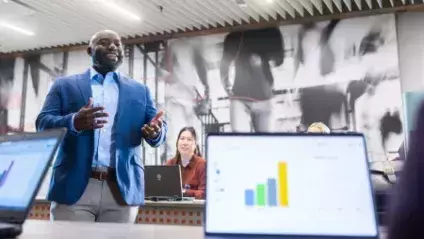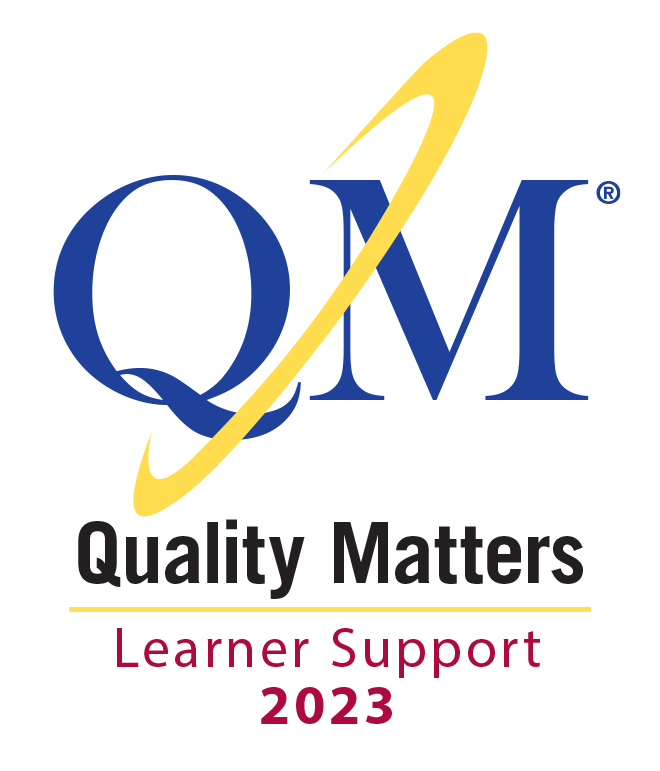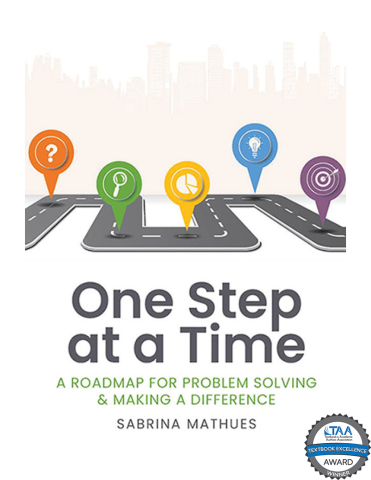Questions? Request Information
Design and Develop Software
Bring technological expertise to any organization with a Bachelor of Science in Computer Software Technology. Computer software technology is an accumulation of information technology, software engineering, and computer science. Pursuing a computer software technology degree from the University of Arizona Global Campus (UAGC) will give you the opportunity to explore these various aspects of the software technology industry.
The BS in Computer Software Technology degree program blends theory and practice to give a thorough knowledge of the field and a foundation for future growth. Upon completion of the program, you will be able to:
- Apply knowledge of mathematics, computing, and scientific methods to system components and process development that meet requirement constraints in the software application domain
- Employ professionalism, ethics, and social responsibility values related to computer software technology tasks and projects
- Identify the computer software requirements that meet stakeholders’ specifications and concerns by selecting the appropriate requirements and elicitation techniques
- Use proven techniques and patterns to design computer software structure before it is implemented
- Utilize values, skills, and critical thinking throughout computer software engineering decision-making processes
- Apply established verification and validation techniques with well-defined objectives and targets to ensure that the software technology is meeting its stakeholders’ specifications and deliverables
- Communicate complex computer software engineering concepts in a multidisciplinary team using a variety of formats
- Integrate modern computer software technology knowledge, techniques, programming, and management skills to develop and deliver reliable and complex software in a cost-effective manner
UAGC Award-Winning Curriculum
Military Students $250.00/credit
Undergraduate Courses $460.00/credit
Technology Fee** $115.00/course
Books and Other Class Materials** $125.00/average per course
Graduation Fee $150.00
Total Program Cost See UAGC Catalog¹
¹Keep in mind that this figure doesn’t factor in any potential discounts, partner benefits, or impact of accepted transfer credits, if eligible.

UAGC offers enrolled students access to ScholarshipUniverse, a platform that tailors external scholarship opportunities to your unique situation, making it easier to find and apply for scholarships.
UAGC is proud to provide reduced tuition rates for our academic and corporate partners, helping community college transfer students and corporate employees earn their degrees at a lower cost.


Computer Software Technology Degree Curriculum Overview
The Bachelor of Science in Computer Software Technology degree program was developed on the basis of adaptive and engaged learning concepts to improve student professionalism and develop your ability to communicate ideas, work in groups, manage computer software products, and build quality into software products. Through your computer technology classes, you will explore technical skills such as software technology design and development, information security, operating system design and administration, and computer networking. You’ll also dive into business topics such as project management, economics, and statistics.
To earn your Bachelor of Science in Computer Software Technology at the University of Arizona Global Campus, you must complete 120 credits. You will need to complete 30 upper-division credits, of which 18 credits must be from the major program. A total of 30 credits must be completed at Global Campus to meet the residency requirement. You may be able to transfer approved credits from community colleges, other previous college coursework, or other life experiences such as military service or job training toward your degree.
Program Specific Requirements:
- Platforms: The most currently commercially available version of the Windows operating system (as of August 2024 this is Windows 10 or higher) or macOS (as of August 2024 this is macOS 14.5). Note: The most current version of the Windows operating system is the recommended platform.
- Administrative Rights: Students must obtain administrative rights to their computer and Internet connection. The ability to download and upload files from various sources and providers will be required. Students must have administrative rights to their computers to facilitate the following:
- Software Installation: Many TEC courses require the installation of specialized software, including development environments, programming languages, and database management systems.
- File Management: The ability to manage files such as downloading, uploading, and modifying files from various sources.
This program is not designed to meet the state educational requirements for a specific professional license or certification in any state. Students seeking licensure or certification in a particular profession shall carefully research the requirements prior to enrollment and regularly review the requirements as they are subject to change. Requirements vary by state. The University of Arizona Global Campus does not guarantee that any professional organization will accept a graduate’s application to sit for any exam for the purpose of professional certification. Further, a criminal record may prevent an applicant from obtaining licensure, certification, or employment in their field of study.
Certain degree programs may not be available in all states.
The Online Teaching Support Certification recognizes programs that require all online faculty to undergo training in best practices for online course delivery, provide faculty with ongoing pedagogical support, encourage faculty professional development to increase their knowledge and skill in online teaching, emphasize instructor availability and feedback to learners, and collect and use feedback from learners to improve online teaching. Learn More

The Online Learner Support Certification recognizes programs that provide all the critical student and academic services needed for learner success and use learner feedback to continuously improve those services.

What Can I Do with a Computer Software Technology Degree?
Pursuing a Bachelor of Science in Computer Software Technology degree can prepare you to help organizations fulfill their software technology needs. Graduates from the BS in Computer Software Technology program could pursue career opportunities in the growing software technology field, such as:
- Software Developer
- Application Developer
- Quality Assurance Analyst
- Business Analyst
Gain insights into the computer software technology job market by reviewing the Bureau of Labor Statistics market outlook report.
The ability to work towards my degree and maintain my daily life was a huge factor in my decision to go back.
BS in Computer Software Technology FAQs
-
The Bachelor of Science in Computer Software Technology program from UAGC focuses on the foundations of computer software technology, including areas such as requirements gathering, design patterns, computer software development and testing, project management, and the software development lifecycle.
-
In today's tech-driven world, a BS in Computer Software Technology can be quite valuable. If you’re passionate about technology and problem-solving, this program may be a worthwhile investment for you, but it ultimately depends on your career goals. We recommend you speak with an Enrollment Advisor about your goals to see if this program is right for you.
-
The BS in Computer Software Technology program at UAGC develops your ability to communicate ideas, work in groups, manage computer software products, and build quality into software products. Through your computer technology classes, you will explore technical skills such as software technology design and development, information security, operating system design and administration, and computer networking. You’ll also dive into business topics such as project management, economics, and statistics.
See What Else UAGC Has to Offer
Questions? Request More Information
To access this rate using the Liberty Grant, only eligible undergraduate active duty service members, members of the National Guard, Reservists, spouses of active duty, members of the National Guard and Reservists, Department of Defense employees using Tuition Assistance (TA), and civilian employees of the United States Coast Guard (only if utilizing Military Tuition Assistance) will qualify.
**
The Technology Fee covers access to University systems such as the online classroom, the Student Portal, and other academic resources. The Technology Fee and the Course Digital Materials (CDM) Fee are fully refundable if a student does not attend beyond Day 3 of a course (Week 3 if covered under the University of Arizona Global Campus Promise Refund Schedule). After this time, the fee becomes non-refundable. Students are charged the Technology Fee for repeated coursework. Students are not charged the CDM fee for repeated coursework if previously charged.
†
The transferability of credits is subject to the University of Arizona Global Campus transfer credit policies and requires the submission of official transcripts. The official transcripts will be evaluated by the Registrar’s Office to determine the credits that will officially apply toward a UAGC degree program. Credits must be earned at the same degree level in order to be applied. Additional restrictions may apply. See the UAGC Academic Catalog for full undergraduate and graduate transfer policies.





